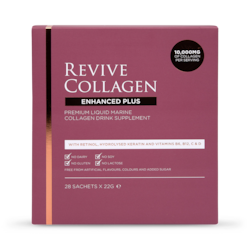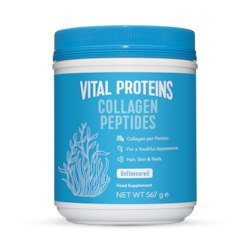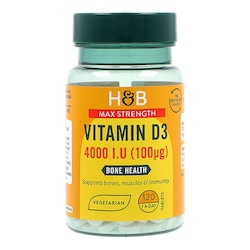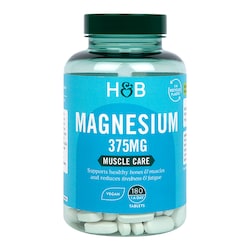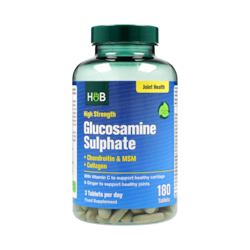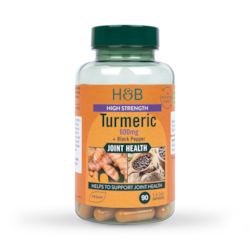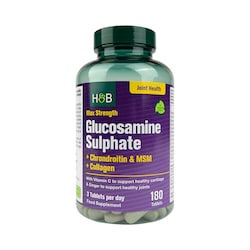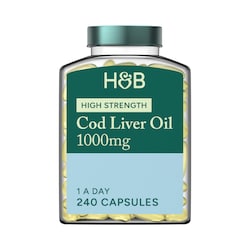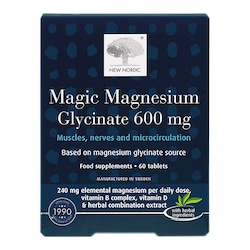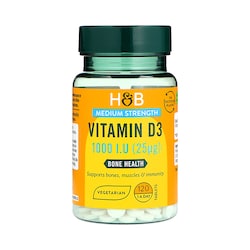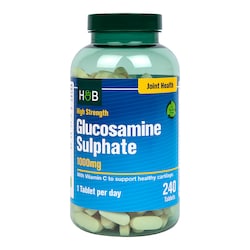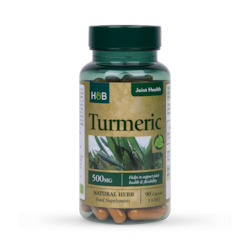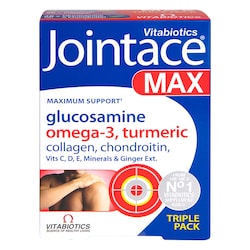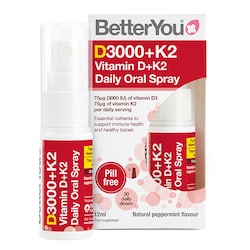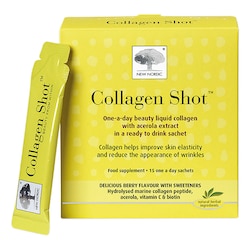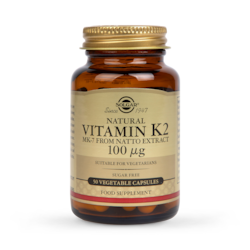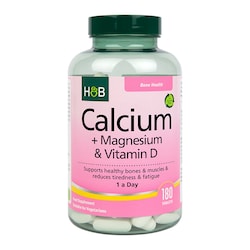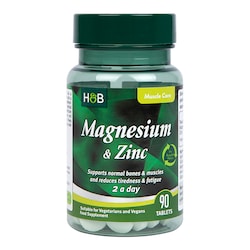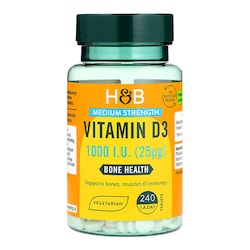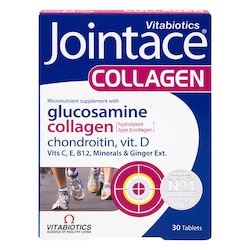20% off £30
Code:QUICK
Manganese: functions, foods, deficiency and supplements
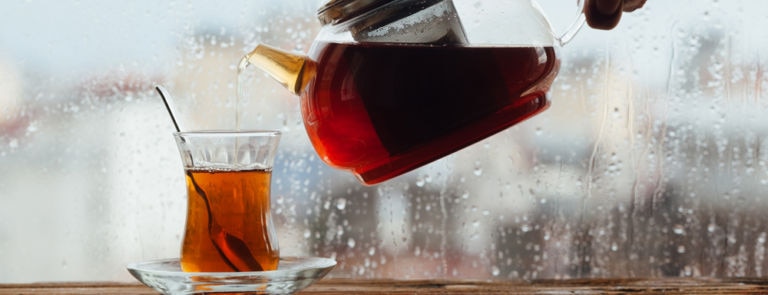
Heard of the nine trace minerals? Manganese is one of them and is needed for healthy body function. Here’s more on manganese including food sources
Find out all about manganese including what it does, how much you need, where to find it and who might need to supplement their diet
Written by Helen Foster on March 14, 2019 Reviewed by Dr Sarah Schenker on March 20, 2019
What is manganese and what does it do?
Manganese is one of the nine trace minerals that our body needs for normal, healthy function – trace minerals are so called because we only need them in very small amounts.1 Manganese is necessary for:2- turning the food you eat into energy
- forming bones and connective tissue, such as cartilage
- protecting your cells from damage by free radicals
- brain and memory function
Function of manganese
What does manganese do in the body?
Manganese is needed to help make certain enzymes and activate others. These enzymes are essential for various critical roles in the body, including:- Bone health – manganese helps support your bones by activating crucial enzymes involved in the formation of bone, cartilage and collagen.6
- Protection from free radicals – the mineral forms part of the powerful antioxidant enzyme manganese superoxide dismutase. Like other antioxidants, its job is to protect your body from damaging free radicals. However, superoxide dismutase protects your cells’ battery pack – your mitochondria – and also scavenges for one of the most dangerous and inflammatory free radicals, superoxide, according to a 2011 study in Enzyme Research.7
- Energy metabolism – manganese is needed by enzymes that break down proteins, carbohydrates and cholesterol from the food we eat and convert it into energy.8
How much manganese do I need?
There is no official reference nutrient intake (RNI), but the European Food Safety Authority recommends 3mg a day for adults.9 This is what you would get from eating 165g of pineapple, 200mg of sweet potato or 50g of spinach.10Do children need manganese?
- 1-3 years – 0.5mg a day
- 4-6 – 1mg a day
- 7-10 – 1.5mg a day
- 11-14 – 2mg a day
- 15 and over – 3mg a day, the same as adults11
Manganese foods
Which foods are the best sources of manganese?
The best food sources of manganese are mainly plant foods, including:12- wholegrains
- nuts
- dark green leafy vegetables
- pulses
- meat
- pineapple
- sweet potato
Manganese deficiency
What are the symptoms of manganese deficiency?
True manganese deficiency is extremely unlikely in humans14 – it’s only been created in scientific trials where it caused skin disorders and very low cholesterol levels.15 However, low levels of manganese have been linked to an increased risk of developing osteoporosis.16What happen if I consume too much manganese?
It’s not possible to take too much manganese from your diet because your body only absorbs what it needs and excretes the rest in your bile as waste.17 However, you can take in too much manganese from supplements. Excess intake of manganese has been linked to:18,19- high cholesterol
- skin problems
- muscle pain
- fatigue
- memory problems
Manganese supplements
When should I take a manganese supplement?
A balanced diet should give you all the manganese you need.21 Speak to your doctor before taking a manganese supplement if you have:- liver disease
- iron-deficiency anaemia
Should children take a manganese supplement?
No – children should be able to get all the manganese they need from their diet.23Should women take a manganese supplement during pregnancy?
If you eat a balanced diet, you should be able to get all the manganese you need from your food and drink during pregnancy.What are the potential benefits of taking a manganese supplement?
It’s been shown that manganese may work in symphony with other minerals to help strengthen bones. A combination of calcium, zinc, copper and manganese helped improve bone mass in healthy, post-menopausal women in a 1994 University of California study.25
Shop Minerals
Advice is for information only and should not replace medical care. Please check with your GP before trying any remedies.
Sources
1. MedlinePlus. Minerals
2. European Commission. EU Register of nutrition and health claims
3. NHS. Vitamins and Minerals
4. Australian Government Ministry of Health. Nutrient Reference Values for Australia and New Zealand: Manganese
5. As Source 3
6. Pepa GD, Brandi ML. Microelements for bone boost: the last but not the least
7. Li C, Zhou H-M. The Role of Manganese Superoxide Dismutase in Inflammation Defense
8. European Food Safety Authority. Scientific Opinion on the substantiation of health claims related to manganese and protection of DNA, proteins and lipids from oxidative damage, maintenance of bone, energy-yielding metabolism, and cognitive function pursuant to Article 13(1) of Regulation (EC) No 1924/2006
9. Agostoni C, et al. Scientific opinion on dietary reference values for manganese
10. A.Vogel. Manganese
11. European Food Safety Authority. Dietary reference values for nutrients: Summary report
12. Oregon State University Linus Pauling Institute. Manganese
13. As above
14. As Source 12
15. Friedman BJ, et al. Manganese balance and clinical observations in young men fed a manganese-deficient diet
16. As Source 12
17. As Source 11
18. As Source 3
19. As Source 4
20. As Source 3
21. As Source 3
22. As Source 12
23. As Source 3
24. Gluckman P, et al. Manganese in pregnancy and breastfeeding
25. Strause L, et al. Spinal bone loss in postmenopausal women supplemented with calcium and trace minerals


